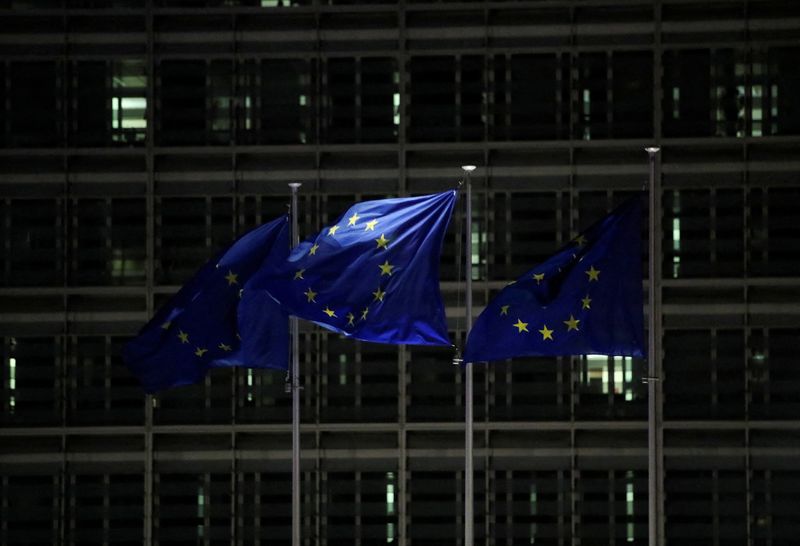By Jan Strupczewski
BRUSSELS (Reuters) – The European Commission on Monday proposed changes to the way investors pay withholding tax in the European Union, to attract more cross-border trade in securities and help develop the bloc’s capital market.
The Commission’s proposal is to make sure cross-border investors pay the correct amount of withholding tax from the start or that they get any refund to which they are entitled quickly.
“Refund procedures are often lengthy and costly. This creates immense frustration: studies show that close to 70% of retail investors who would be eligible to a reduced withholding tax rate do not claim it,” European Economic Commissioner Paolo Gentiloni said.
“It also drives investment away from the EU. According to a recent study, 30% of retail investors have sold their EU portfolio because of this tax barrier. This is a situation we cannot afford to see continue,” he said.
The Commission proposed to standardise withholding tax procedures which currently differ across the 27-nation bloc, split between either a “Relief at Source” or a “Quick Refund System” available to all investors. EU governments could choose which one they want to apply.
In the “relief at source” system, the appropriate withholding tax rate would be applied at the moment a dividend on shares bought by the investor was paid.
Under the quick refund procedure, the investors would still pay an excessive tax, but would get a refund no more than 50 days later.
“The proposal will make life easier for investors by massively shortening the refund procedure and giving them a further incentive to claim the money they are owed,” Gentiloni said. “In fact, we estimate that our proposal will save investors an estimated 5.17 billion euros per year thanks to the fast-track procedures,” he said.
The Commission hopes the changes will encourage more investors from outside the EU to invest in European securities and also boost intra-EU trade in shares and bonds, which would help develop the EU’s capital market, needed to provide financing for the bloc’s transition to renewable energy sources.
(Reporting by Jan Strupczewski; Editing by Kirsten Donovan)
